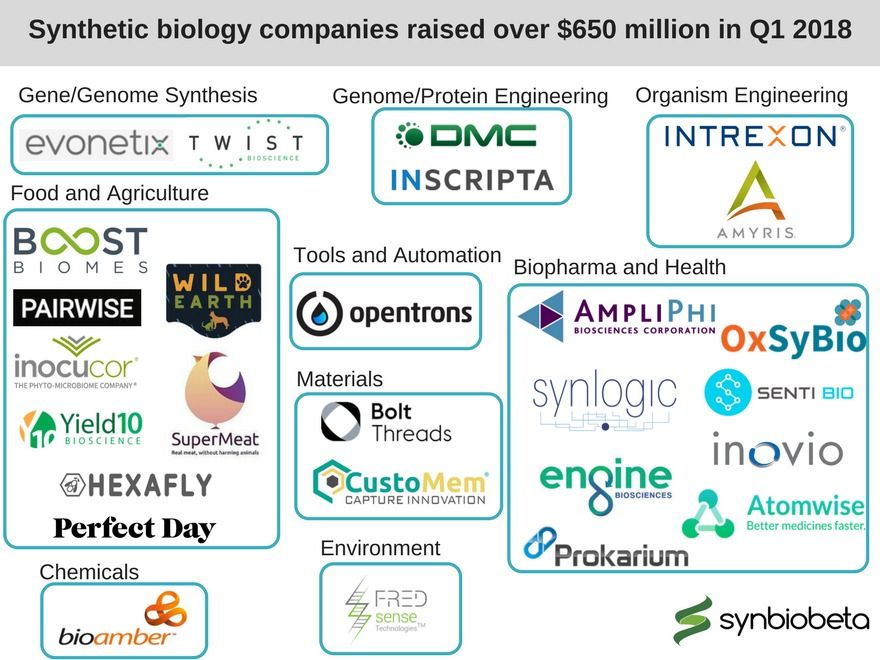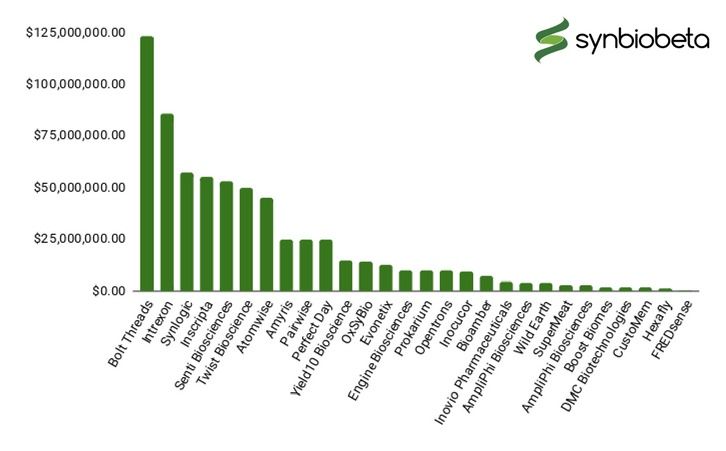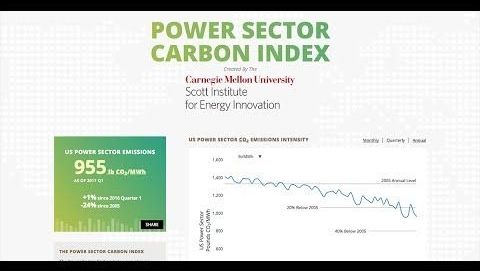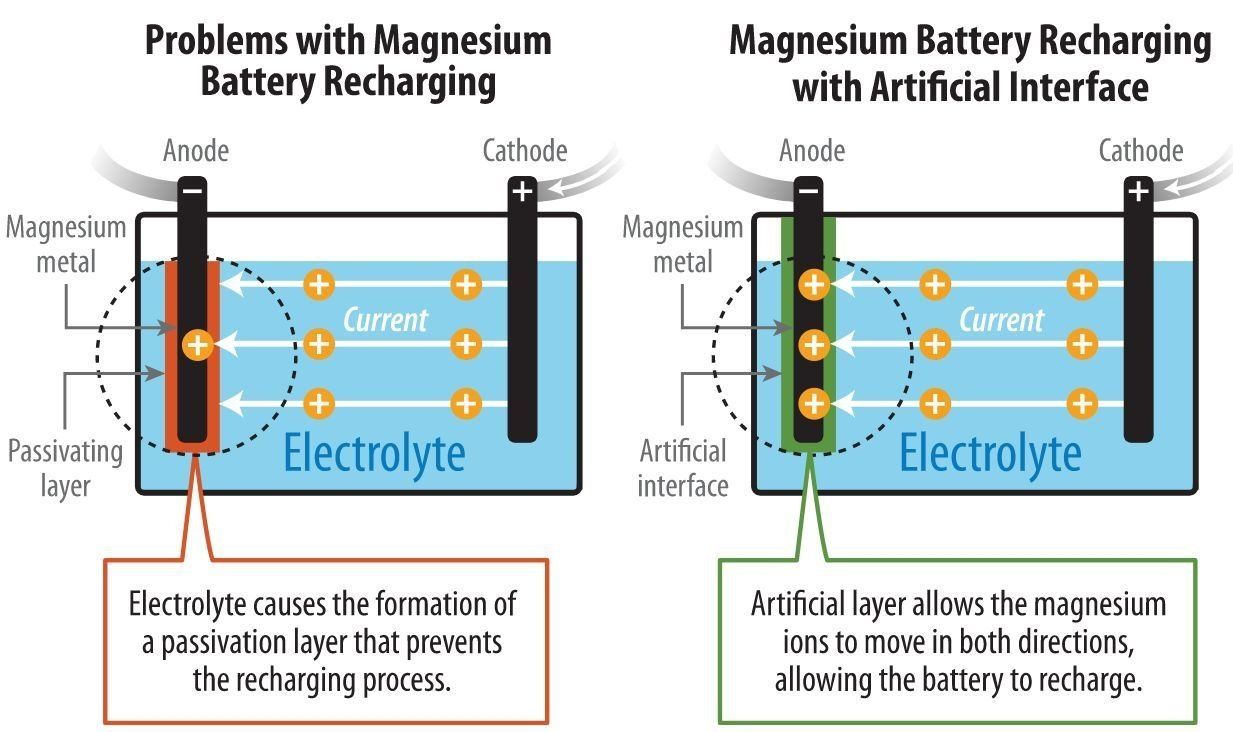
Neural networks have started to take off since AlexNet in 2012. We don’t have to call it a software war, but there’s a competition for mindshare and community contributors in neural networks.
Of course, AI needs more than a neural network library, it needs the configuration hyperparameters, training datasets, trained models, test environments, and more.
Most people have heard of Google’s Tensorflow which was released at the end of 2015, but there’s an active codebase called PyTorch which is easier to understand, less of a black box, and more dynamic. Tensorflow does have solutions for some of those limitations (such as Tensorflow-fold, and Tensorflow-Eager) but these new capabilities remove the need for other features and complexity of Tensorflow. Google built a high-performance system for doing static computation graphs before realizing that most people want dynamic graphs. Doh!


















